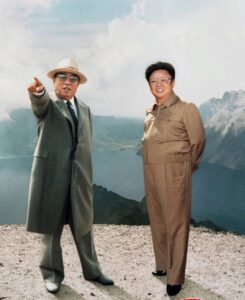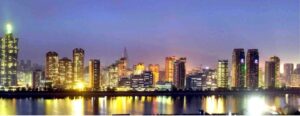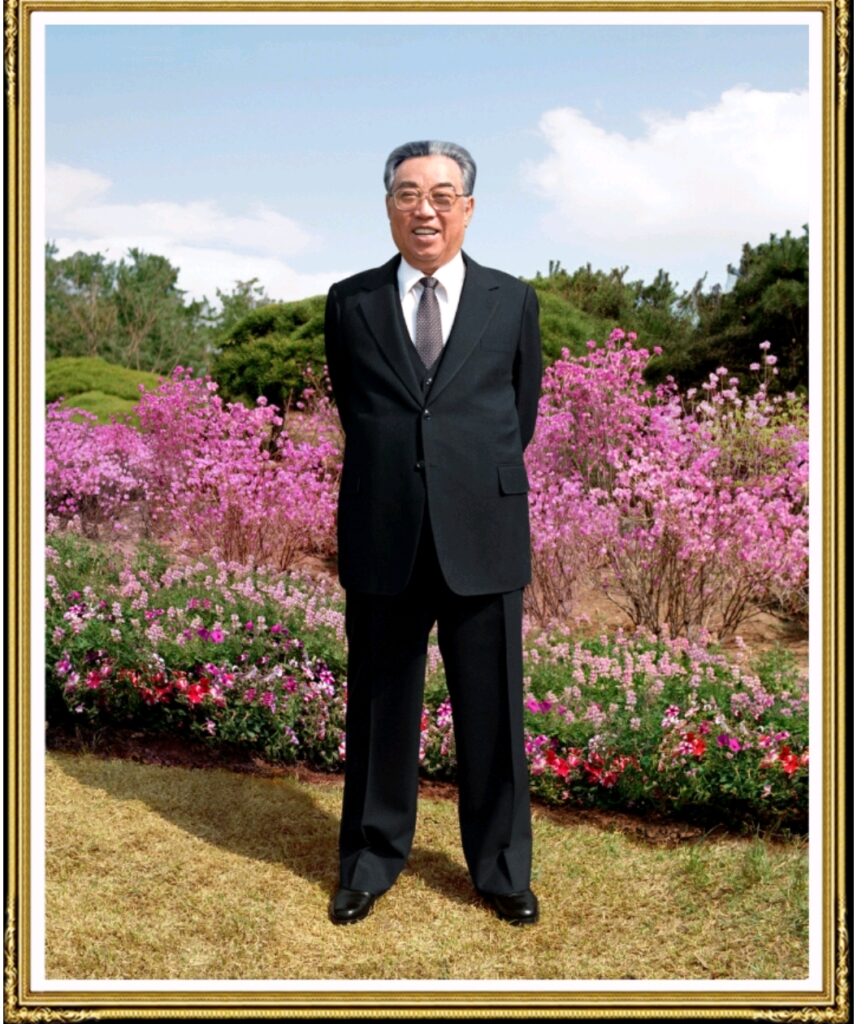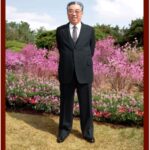President Kim Il Sung (1912-1994), founding father of socialist Korea, had deep relations with the religious figures.
From his childhood he was exposed to the religious world.
He would often go to the church with his mother when he was a child. His maternal grandfather, who engaged in education all his life, was an elder of the Chilgol Church.
Kang Ryang Uk, his teacher and later vice president of the Democratic People’s Republic of Korea, was a Christian priest.
When he engaged in the revolutionary activities in Northeast China to win back his country from the Japanese imperialists, believers of Christianity and Chondoist faith, the indigenous religion of the country, supported and helped him a lot.
Such surroundings provided him with an understanding of religions. He found the ideal of patriotism in the minds of the conscientious religious believers. He respected their faith and personality. Keeping close ties with a number of them, he worked with them for the country and nation, and to build an equal, independent and peaceful new world.
He emphasized the unity with the religious believers in his major political programmes like Ten-Point Programme of the Association for the Restoration of the Fatherland made public in May 1936 and Ten-Point Programme of the Great Unity of the Whole Nation for the Reunification of the Country made public in April 1993.
Many religious believers were enrolled in the Association for the Restoration of the Fatherland, an anti-Japanese national united front organization, and many Chondoist believers joined the Korean People’s Revolutionary Army to fight shoulder to shoulder with the communists for the liberation of their country. After liberation Christian, Chondoist and Buddhist organizations were formed and the believers made contributions to the prosperity and development of the country and nation while leading a free religious life. A number of religious believers were elected to the Supreme People’s Assembly, the supreme power organ of the DPRK.
Kim Il Sung met prominent religious believers from south Korea and abroad including Mun Ik Hwan, Kim Song Rak and Sun Myung Moon to discuss important issues for the reunification of the country and independent development of the nation.
When he had luncheons with them, he would ask them to say grace before the meal out of respect for their faith on such important occasions.
He never thought the spirit of Christianity that preaches universal peace and harmony contradicted his idea advocating an independent life for man.
No wonder he had good relations with Evangelist Billy Graham from the United States, too. Through the good relations between him and Billy Graham, people could have a better understanding about the ideological base on which Kim Il Sung, renowned leader of the international communist movement, could have good relations with the religious people.
Oasis for Humankind 
There are many people across the world, who endeavoured for a long time to find out the way to shape the destiny of human before feeling happy as if they found an oasis in the desert, and made a new start of their life after they came across the Juche idea. Among them is an Indian scholar, named T. B. Mukherjee.
From Dialectical Materialism to the People-centred Philosophical Ideology
Teaching at a university for over 40 years from the early 1940s, Mukherjee received doctor’s degree in philosophy, politics and law. During that period, he revealed before the students the reactionary nature of the pseudo-philosophy, which is as harmful to the mankind as narcotics. He highly praised dialectical materialism that provided the proletariats with the ideal of class liberation.
In the early 1970s, he came across a new ideology that was being propagated worldwide.
He wrote in his memoirs as following:
The previous materialistic view explained the socio-historical development with materials at the centre, whereas the Juche philosophy defined all the principles and factors with man, an actual being, at the centre. That it newly defined the position and role of man, free from the general concept of materials, can be likened to the discovery of the new celestial sphere in the 17th century. I agreed with the philosophical principle of the Juche idea that man is the master of everything and decides everything, and made a determination to follow it.
In May 1980 he visited the Democratic People’s Republic of Korea for the first time together with several scholars of India, and had an opportunity to meet President Kim Il Sung. To the DPRK President, he said that he was wondering how the truth of the Juche idea that gives the humankind a great power with which to develop nature and society had been discovered.
Kim Il Sung explained in detail how the Korean people built their country by their own efforts, citing such examples as producing tractors and electric locomotives by themselves in the difficult situation of the days when everything had been destroyed during the Korean war (1950-1953).
Attracted by him, Mukherjee set the Juche philosophy as his major and devoted his all efforts to studying it. On many occasions including in the autumn of 1981, he visited the DPRK and met Kim Il Sung. Resolved to propagate the Juche idea over the world, he worked as the vice director general of the International Institute of the Juche Idea and director general of the Asian Regional Institute of the Juche Idea even in his 70s.
Neither Shanghai nor Macao 

This is neither Shanghai nor Macao. This is Pyongyang, the capital of the Democratic People’s Republic of Korea, to which the Western politicians and mass media give pernicious propaganda as they are afraid that the reality of the country is known to the world.



